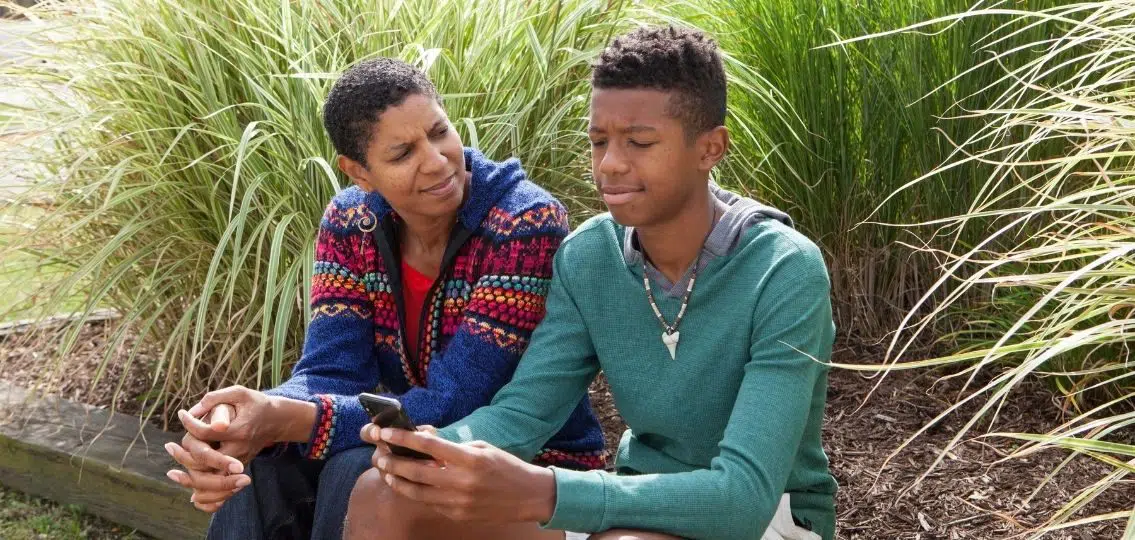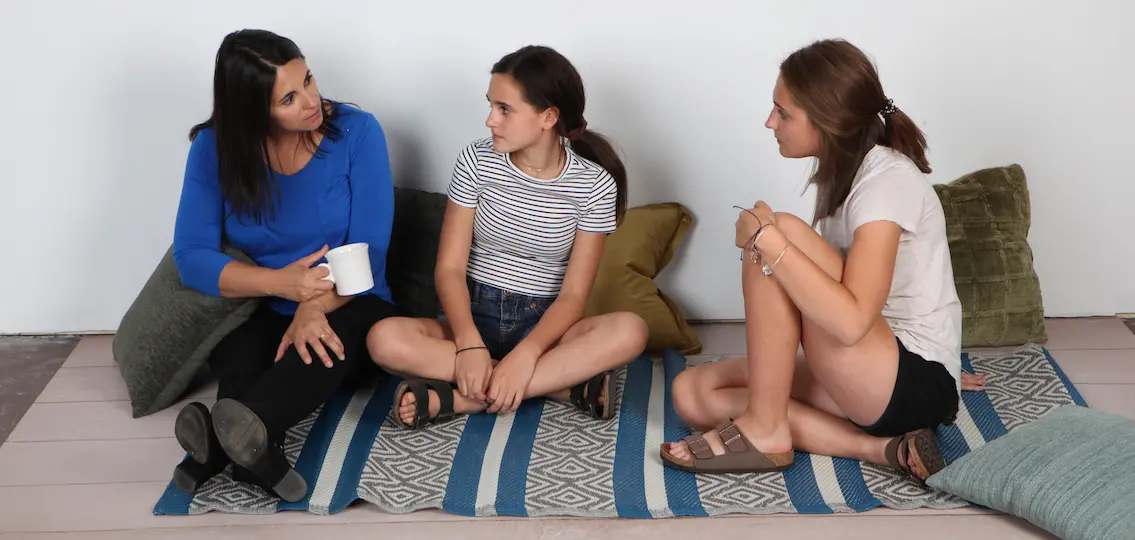When stress was having negative effects on her 16-year-old daughter’s academic performance, Sheri Saurer of Indiana, Pennsylvania, was desperate for information. But she couldn’t get her daughter to talk. She’d pepper her teen with questions but get no responses.

“Was her homework done? Why didn’t she turn in her assignment? Why were her grades dropping? What did she do today?” Saurer says, recalling her line of questioning. “She sat silently. She listened. And then went to her room.”
Eventually, Saurer asked her daughter what she was doing wrong.
“Her answer was, ‘Just accept me,’” Saurer says.
“Everything changed from that moment on. I made a conscious effort to listen, rather than talk and tell her what I thought she should do.”
Common communication mistakes can hurt parents’ relationships with their teens.
What Doesn’t Work
In addition to rapid-fire questioning, another misstep is waiting for a pause in the conversation to jump in and explain why the teen should have done something differently, says Graham Bodie, Ph.D., a listening researcher and professor of integrated marketing communications at the University of Mississippi. Listening only distractedly to the teen—perhaps with a cell phone in hand—is also counterproductive.
These responses can lead to missed opportunities for parents to dig deeper and connect with their teens. And when teens feel lectured or ignored by their parents, they often clam up or talk to their peers instead.
“When our stories are interrupted or responded to with advice, lectures, or even reciprocal stories that take the conversation away from helping us process things, we are not getting what we need,” says Bodie. “Chances are, we are not going to open up as much, or at all, the next time.”
7 Strategies That Do Work
Parents who have lectured or zoned out in the past can improve communication by becoming better listeners. Try these conversational techniques:
Focus
First and foremost, Bodie says, when your teen comes to you, put all your other thoughts and tasks aside.
Follow up
Ask good follow-up questions to stay focused on the matter at hand, and respond with actual comments—and not just those silence-filling “uh huhs” that keep the conversation flowing—to show that you’re really tuned in.
Celebrate
Be supportive when your teen tells you something that he’s proud of. Even if you’re not particularly invested in your teenager’s Fortnite game victory, they are. “If you can’t be encouraging during the positive times,” Bodie says, “they won’t feel like you will be supportive when something goes wrong.”
Be specific
Reframe the way you ask about your teen’s day to demonstrate that your listening style has changed. Inquire about specifics, instead of asking vague questions. What made her proud today? What did she accomplish? What did she struggle with? “These types of questions elicit stories,” Bodie says. “‘How was your day?’ elicits one-word answers.”
Slow down
Don’t ask more than one question at a time. Grilling your teen can lead to the silent treatment.
Time it right
Right after school isn’t always the best time for a chat. “Many parents with teenagers do the equivalent of verbal waterboarding: You come into the house and you get piles of questions,” says Alan Kazdin, Ph.D., professor of psychology at Yale University. “When she comes home, let her go to her room. Let her have a half hour. And then do something with her.”
Spend time together
Spending more time together can improve parent-teenager communication channels, too. That’s true even if you don’t talk about anything in particular. Read across the room from where your daughter is texting, or have her do homework in the kitchen while you’re preparing dinner.
“Quality and quantity time aren’t a substitute for each other, but quantity time can make a difference,” says Kazdin. “With togetherness, more things will start to come out.” Trying to fit a stream of questions into a small window of time can be counterproductive. “The blockade goes up. If you just spend time together, the blockades go down. And we know from research that teenagers want to talk to their parents.”
You can insert togetherness into any situation. When you run errands, bring your teen along, and occasionally stop for a meal or dessert.

“It’s not about the food—it’s about more time together in the same setting,” Kazdin says. “Sit there in silence, and the silence will be broken by the child.”




